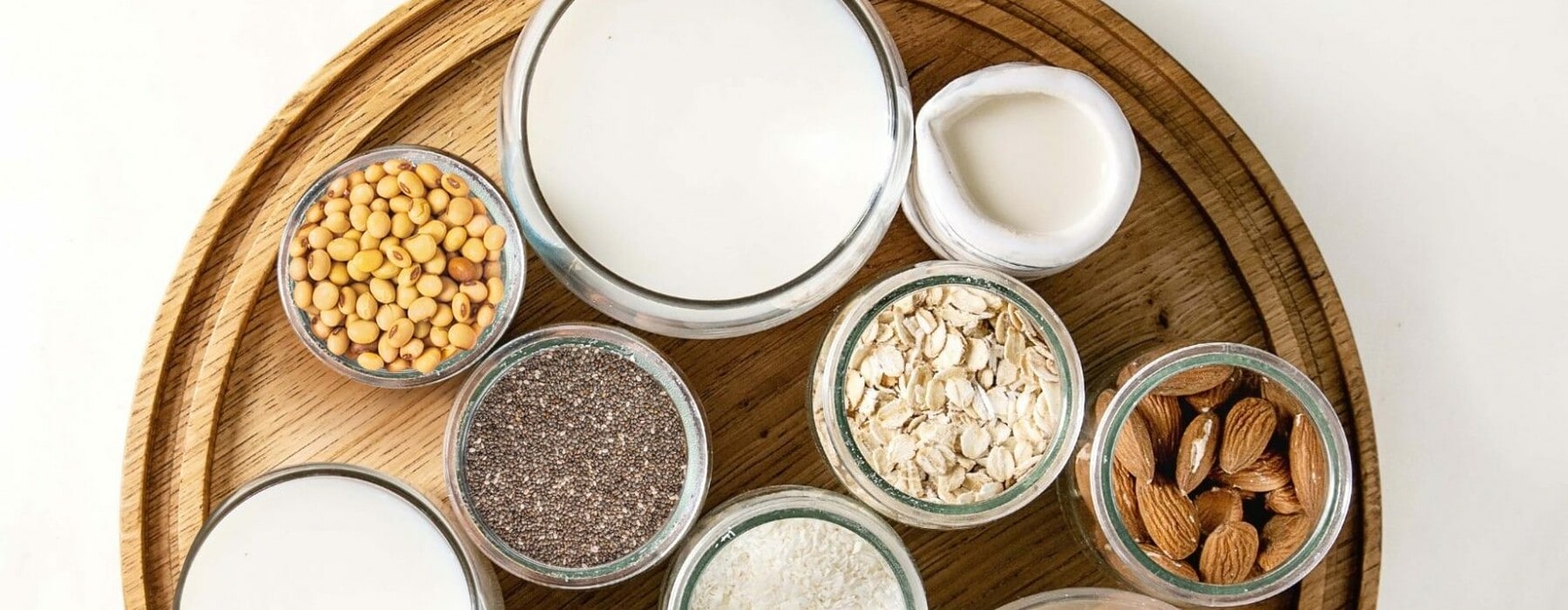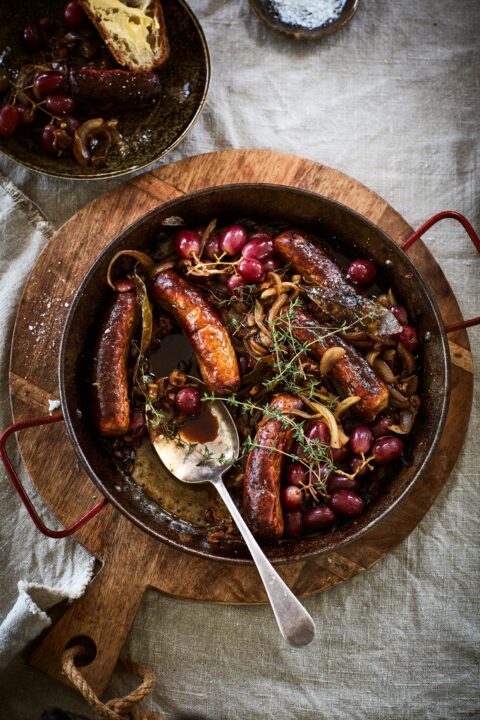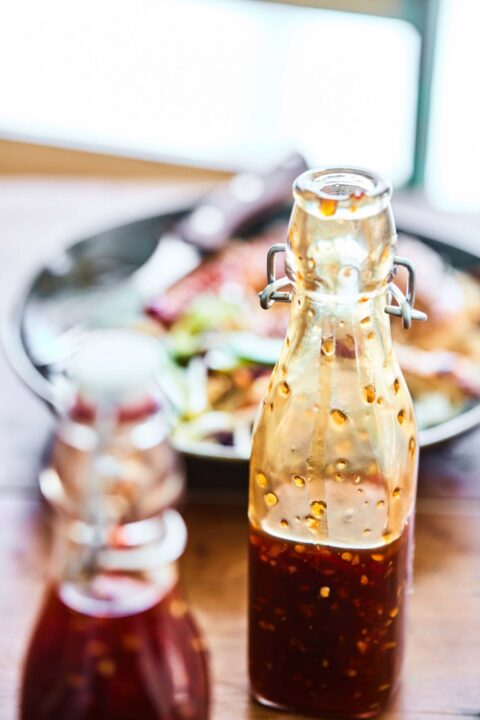The world of plant milks is ever-expanding, with pumpkin milk (called kabocha milk) being one of the latest offerings. Here are the main ones available in Aotearoa.
1. Rice
Generally made from brown rice, this is the best option for people who are allergic to dairy and other types of plant milks. It’s almost devoid of protein and has a naturally sweet taste because it is high in carbohydrates, which means it’s not the best choice for diabetics. It’s not really suitable for baking because of its high water content.
2. Hemp
Made from the whole seeds of the hemp plant, just one glass of hemp milk will give you half your daily omega-3 requirements. It has a nutty flavour and is less sweet than cow’s milk.
3. Coconut
Not to be confused with the thick coconut milk you buy in a can, this is a thinner version suitable for adding to coffee – and a flat white made with frothed coconut milk is a bit like drinking your pudding! Coconut milk is higher in saturated fat than other types of plant milk.
4. Oat
This thick creamy plant milk has a slightly oaty flavour and is ideal for frothing for coffees, not to mention hot chocolates and smoothies, as well as creamy sauces and baking. Oats contain beta-glucans, a soluble fibre that can help lower cholesterol. As oats contain avenin, a protein similar to gluten, oat milk isn’t suitable for coeliacs or people who are gluten- intolerant.
5. Soy
Protein-rich soy milk from soy beans has a neutral flavour, which some people describe as chalky, and can be used in sweet or savoury dishes.
6. Almond
Sweet, slightly nutty and thinner than cow’s milk, almond milk is mostly water (containing 3-14 percent almond), low in calories and contains no saturated fats or cholesterol. It’s great in smoothies and with cereal. Some almond milks have “activated nuts”, which is really just a fancy way of saying they’ve been soaked in water for longer.








